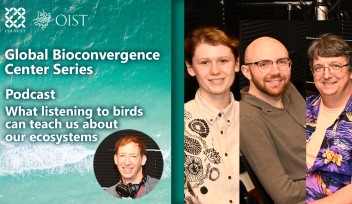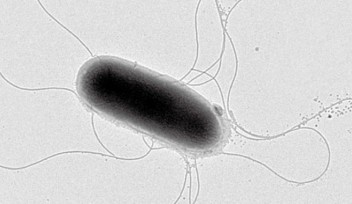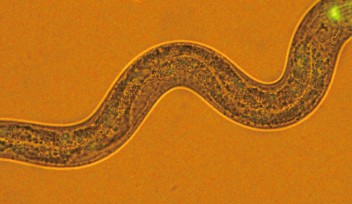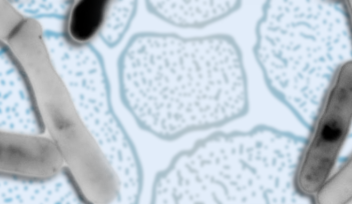Paper by Dr. Hiroaki Kitano published in Molecular Systems Biology
OIST Principal Investigator Dr. Hiroaki Kitano Develops Biological Theory Integrating Biology and Modern Investment Theory
Japan, July 25, 2010 — Dr. Hiroaki Kitano, Principal Investigator of the Open Biology Unit at OIST, has developed a novel field of biological theory that integrates what appear to be two very distant fields of study – biology and modern investment theory – to address some of the mysteries of biology. This ground-breaking work has been published in the latest issue of Molecular Systems Biology, published jointly by EMBO & Nature Publishing Group.
In modern investment analysis, modern portfolio theory (MPT) tries to make the most of any trade-off to generate as much return as possible for the least amount of risk. In biological systems, the trade-off is between biological robustness, the speed of cell proliferation, and biomass productivity, etc.
Biological robustness is a fundamental feature of living systems, and the development of successful theories of robustness may shed light on system-level characteristics of biological systems. One intriguing aspect of this concept is the possible existence of intrinsic trade-offs between robustness, fragility, performance, and so on. At the same time, there is still relatively little understanding of whether such trade-offs evolve regardless of the situation or only under specific conditions, an area that warrants careful investigation.
In his paper, Dr. Kitano reassesses this concept using a redefined form of portfolio selection theory, and argues that biological robustness may hold only when a system is sufficiently optimized and that it may not be conserved when there is room for optimization in its design. Several testable predictions and implications for cell culture experiments are also presented. This paper lays the foundations for future applications of economic and investment theory in biology.
Specialty
Research Unit
For press enquiries:
Press Inquiry Form














